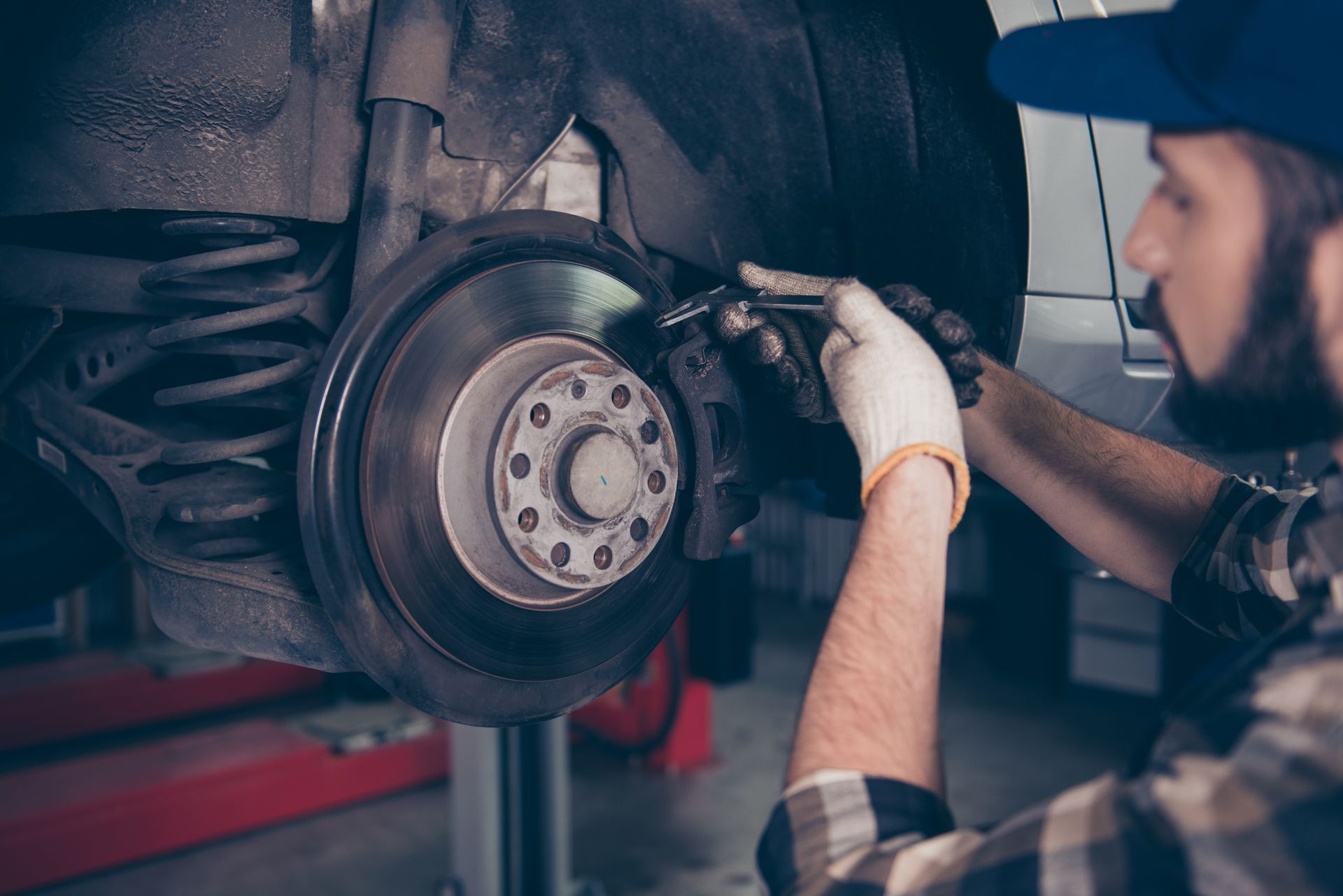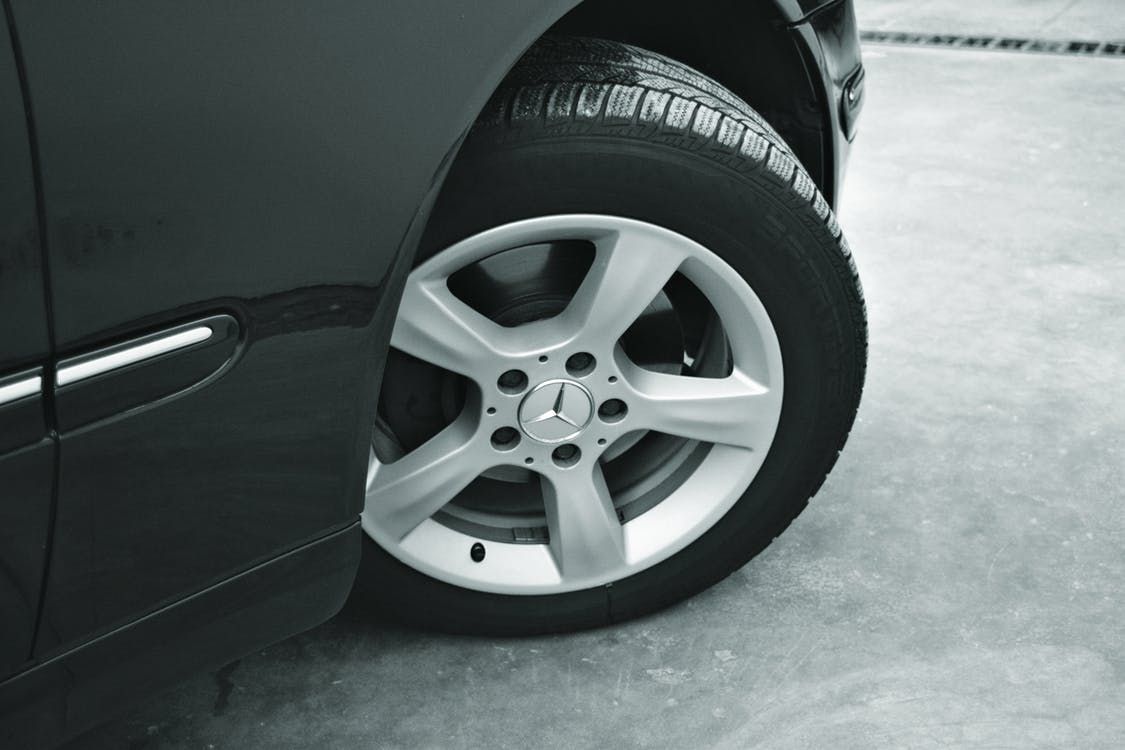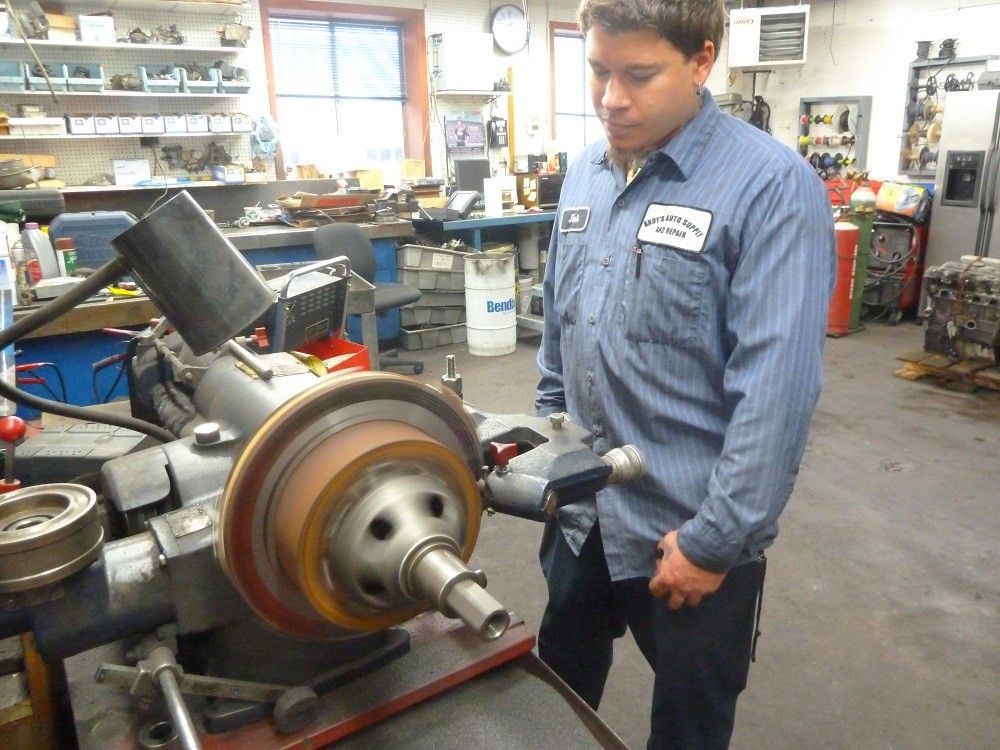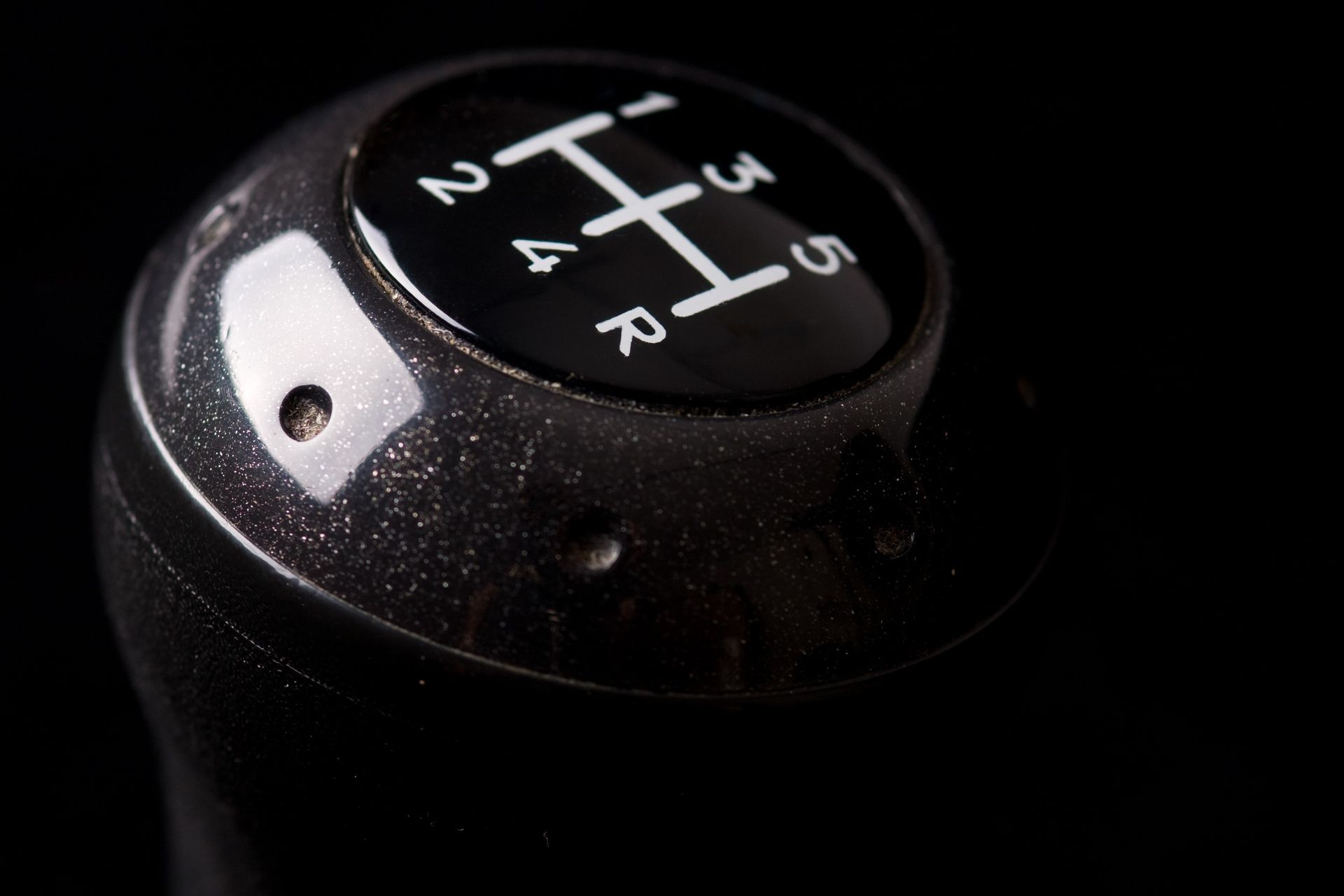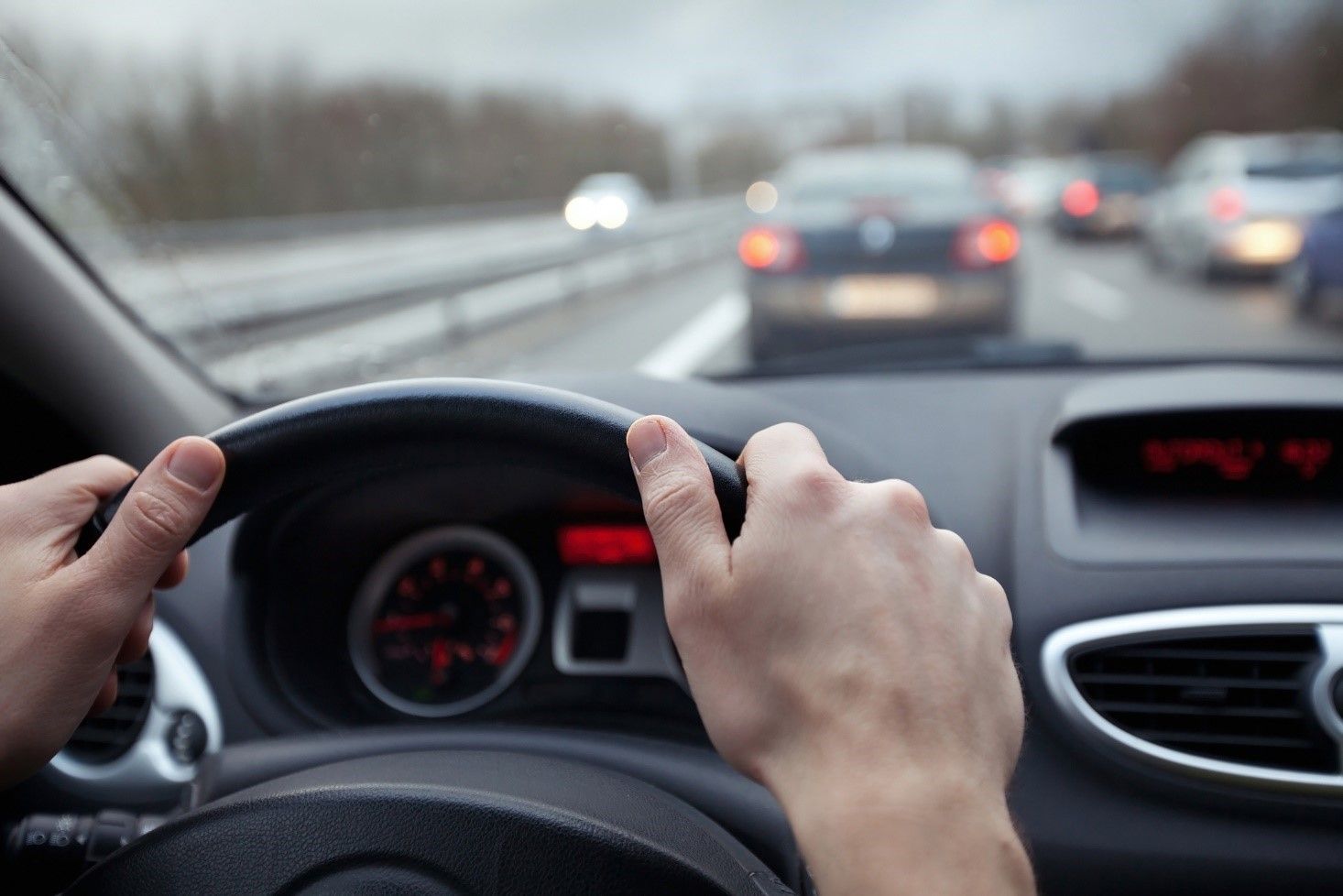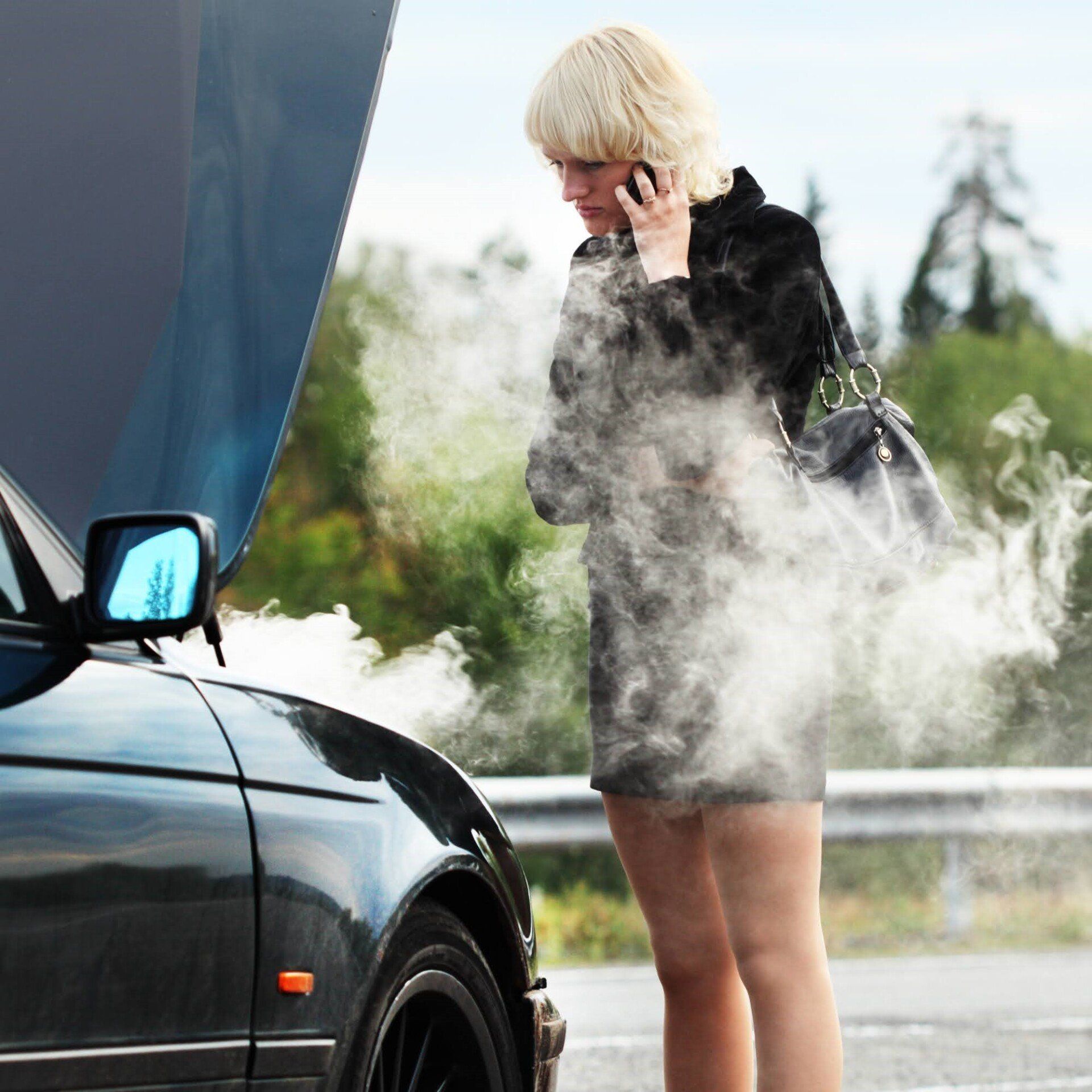2 Signs Your Anti-Lock Brake System Has a Sensor Problem
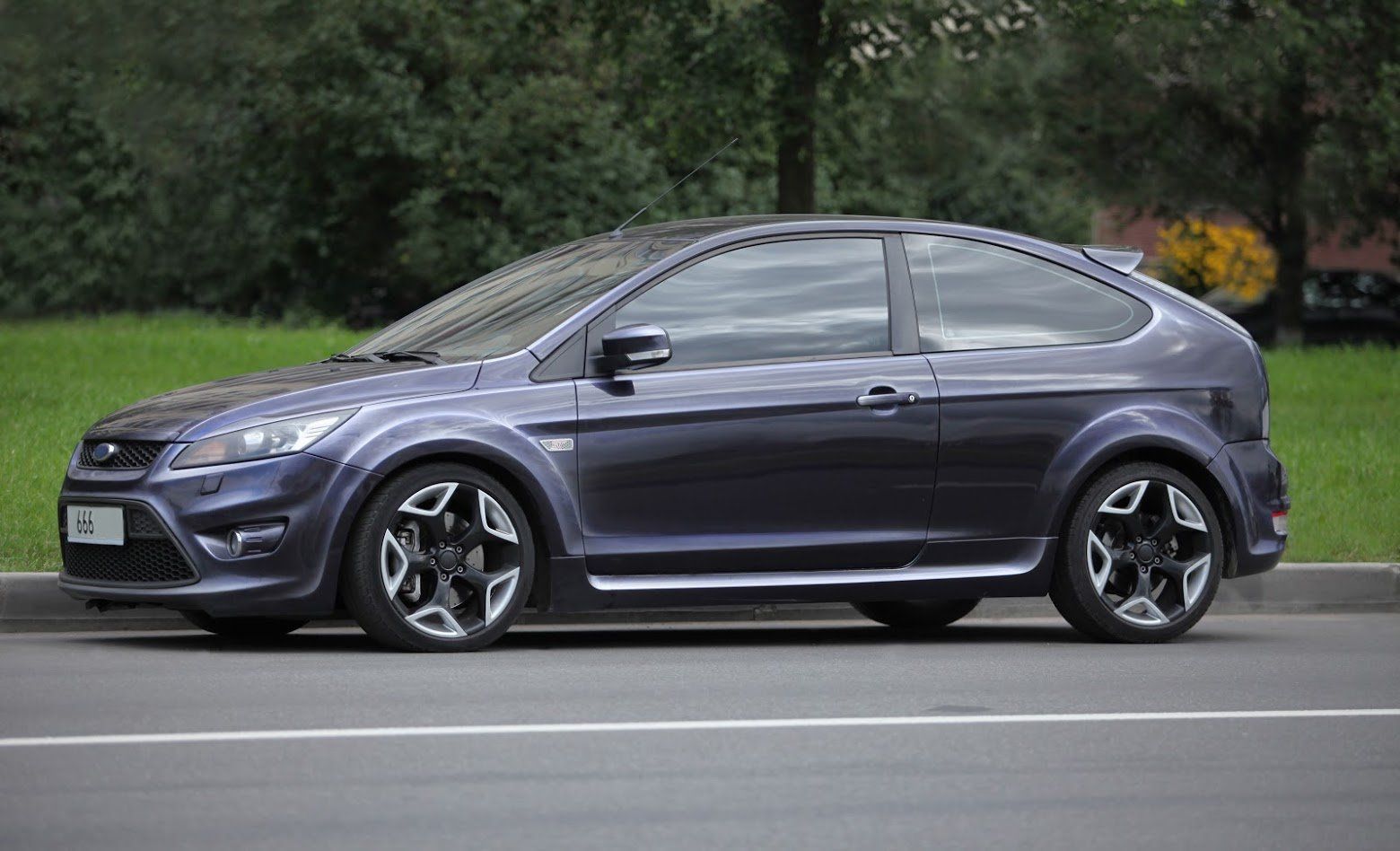
Your car's anti-lock brake system (ABS) gives you extra braking functionality in certain situations. For example, the system works to stop your wheels from locking when you brake hard. You get better traction and reduce the risk of skidding even in adverse road conditions.
ABS sensors play a vital role here. These sensors attach to your car's wheels. If a sensor feels that its wheel is about to lock, then it sends a message to the system's module control.
This control then releases the brake for a short amount of time to prevent the wheel from locking. It continues to do this until the sensor stops giving it an alert.
If you have a problem with one or more of your sensors, then you might lose ABS functions. How can you tell if you have a sensor problem?
1. YOU SEE A WARNING LIGHT
Sometimes, you get an obvious sign that you have an ABS problem. The system's warning light on your dashboard turns on. If you have a significant problem, the light will stay on and your ABS system could be disabled.
However, this isn't the only warning that you might get. ABS sensors also often connect to a car's traction control, stability or anti-skid systems.
So, for example, if your traction control light comes on, then this could also mean that your ABS is malfunctioning. If it doesn't work, then your car loses some of its traction. This system could register the fault and turn on its own warning light even if your ABS light doesn't come on.
2. YOU DON'T GET ABS HELP
While you might not notice your ABS working when all is well, you will notice a difference when it doesn't work. Your regular brakes might work as usual, but you'll feel a difference when you brake more heavily or suddenly.
When you brake this way, your ABS should kick in and give you a smoother and safer experience by stopping your wheels from locking. If the system doesn’t work, then you might notice a few differences in the way your car works when you brake.
For example, you might feel that your car has less traction on the road when you have to brake harder. It probably won't stop as quickly as it normally would in these circumstances. Your wheels might start to lock.
In some cases, you'll notice a difference even if you brake normally. You're more likely to notice these differences on wet roads or in winter weather conditions when ice or snow is on the ground.
Here, your car might skid too easily, even if you're careful how you brake. While this usually happens when you slow the car down, you can sometimes feel the car slip a little when you start it up from cold on an icy or slippery surface.
All of these problems are signs that you might have an ABS sensor problem. If the sensors can't pass accurate instructions on to their module in real-time, then the system can't operate correctly. If your warning light is on, then the whole system might have shut down. It won't be able to give you any braking assistance.
Problems with an ABS sensor are often easy to fix. The sensor might have become dirty or gummed up with debris. Or, it might have a loose connection. In some cases, however, the sensor might need replacement.
While your regular brakes might not have any problems when your ABS system doesn’t work to full capacity, you should still have the system checked out if it doesn’t work correctly or at all. Your ability to brake quickly and safely in dangerous or treacherous conditions is impaired until you repair the problem.
For a quick diagnosis and fix, contact Stopmaster Brakes.

